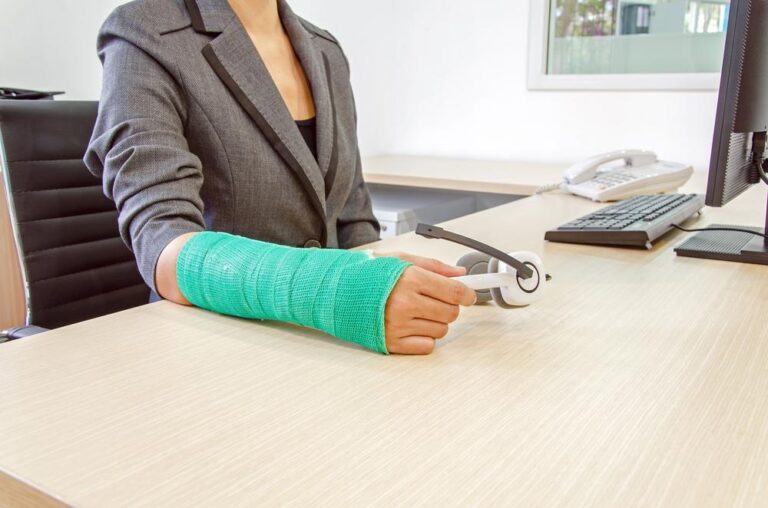Workers Comp insurance can be difficult if your employees are working from home. Here’s what you need to know about work-related injuries outside the office.
Working remotely has increased over time in the last few years. COVID-19 is heating up this trend. More than 60% of US workers have been working from home at some point since the pandemic began. As more people work from home, small business owners are wondering whether remote workers need worker’s compensation and how they’ll work if someone gets hurt.
Learn more about worker compensation facilitation requirements, how it works, and what it covers.

DO REMOTE WORKERS NEED EMPLOYEE WORKER’S COMPENSATION?
Worker’s Compensation insurance is mandatory in almost every state if the company has one or more of its employees. This also includes remote workers.
Workers’ compensation covers costs related to an employee’s work-related illness or injury, such as :
- Medical bills
- Loss of wages
- Disability benefits
Most policies also include public liability insurance. If an employee sues you for injury, this can be paid out as follows :
- Attorney’s fee
- Court costs
- Settlements
Disability insurance usually covers all injuries “involving and occurring during employment”. This means that injuries incurred during work hours by employees in work-related activities can be valid claims even at home.
HOW DOES WORKER’S COMP WORK FOR REMOTE WORKERS?
Employees typically see remote work as an advantage. There are also downsides for employers.
When employees work from home, they have little control over workplace security. When a remote employee is injured on the job, it can be difficult to find witnesses to verify the incident.
Damages are indemnified by trade associations only if they occur “in the context and course of employment” or “in furtherance of employment”. So how do you determine if a remote worker injury is covered?
State interpretations vary, but most use the principle of personal comfort. Workers should be compensated for injuries that occur during their work, such as drinking water or restroom breaks, it said.
However, the rules are hardly black and white. Just because an employee works 24/7 doesn’t mean the injury is work-related. It depends on their actions and circumstances.
Suppose a remote worker trips over a dog and breaks his shoulder while making coffee in the kitchen at work. She was working, but the court found the injury was not work-related. They argued that the danger of tripping over a dog had nothing to do with work.

Fortunately, insurance companies (and possibly courts) handle all of this. Your job is to ensure that remote workers can report work-related injuries immediately. Please do your best to document the incident before submitting a claim to your insurance company. State laws vary, but you may need to report this to your state trade association.
Once the application process begins, there is very little you as an employer to do. Mitigating risk before an injury occurs is wise and helps keep employee labor costs down.
For reasonable workers’ compensation claims and quality care, visit Specialty Care Clinics. The medical professionals here are well-trained and experienced in treating work-related injuries. Please call us immediately.
